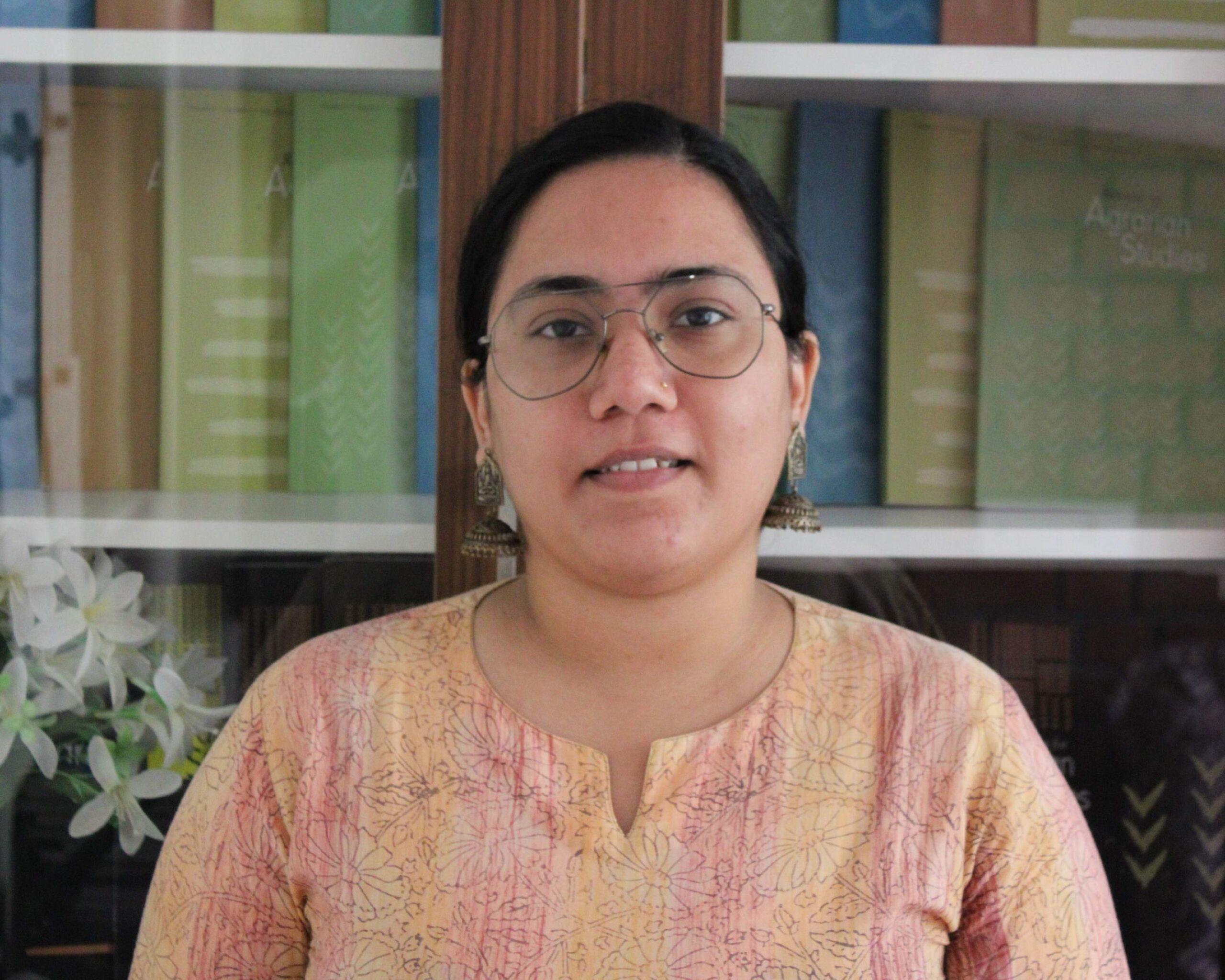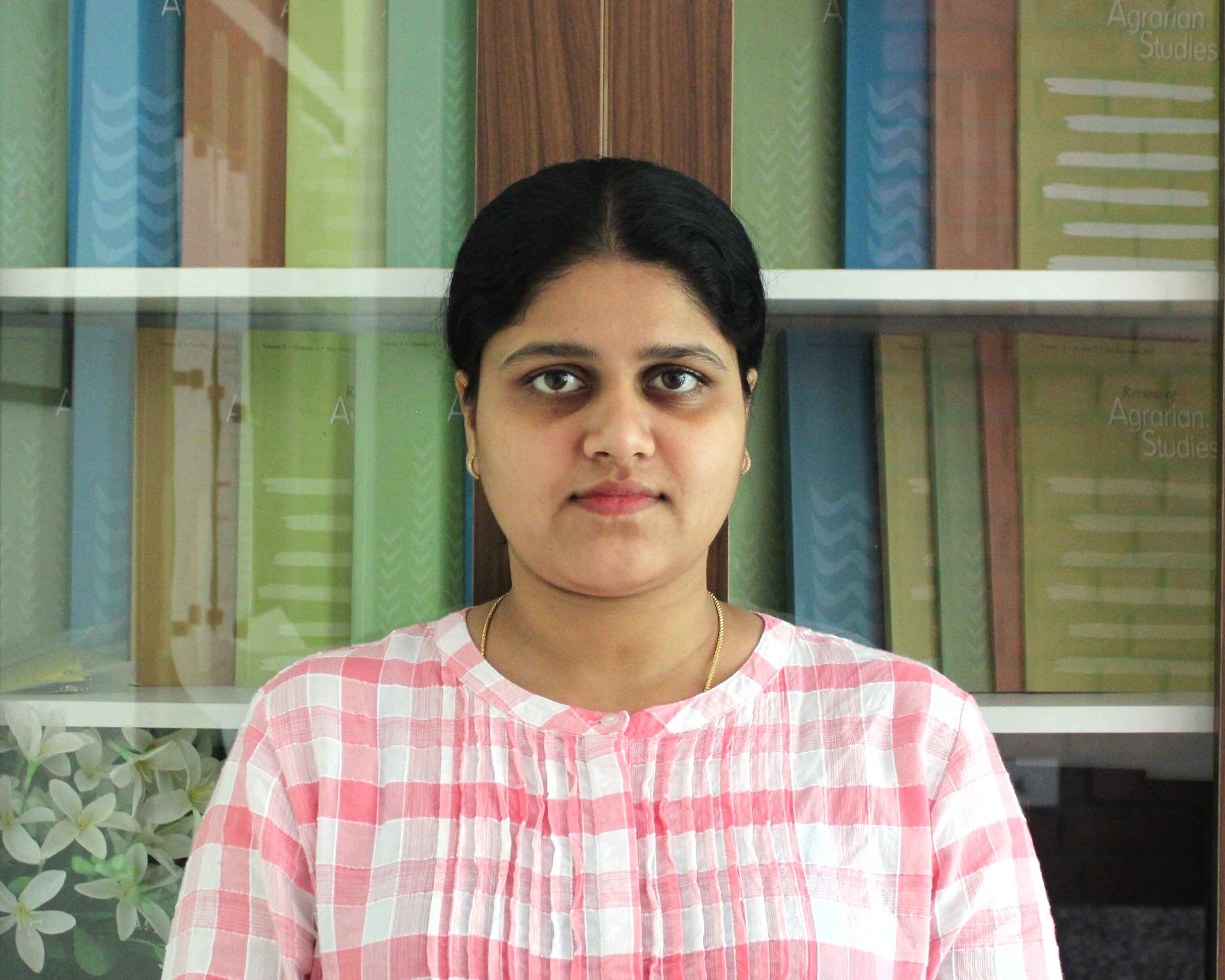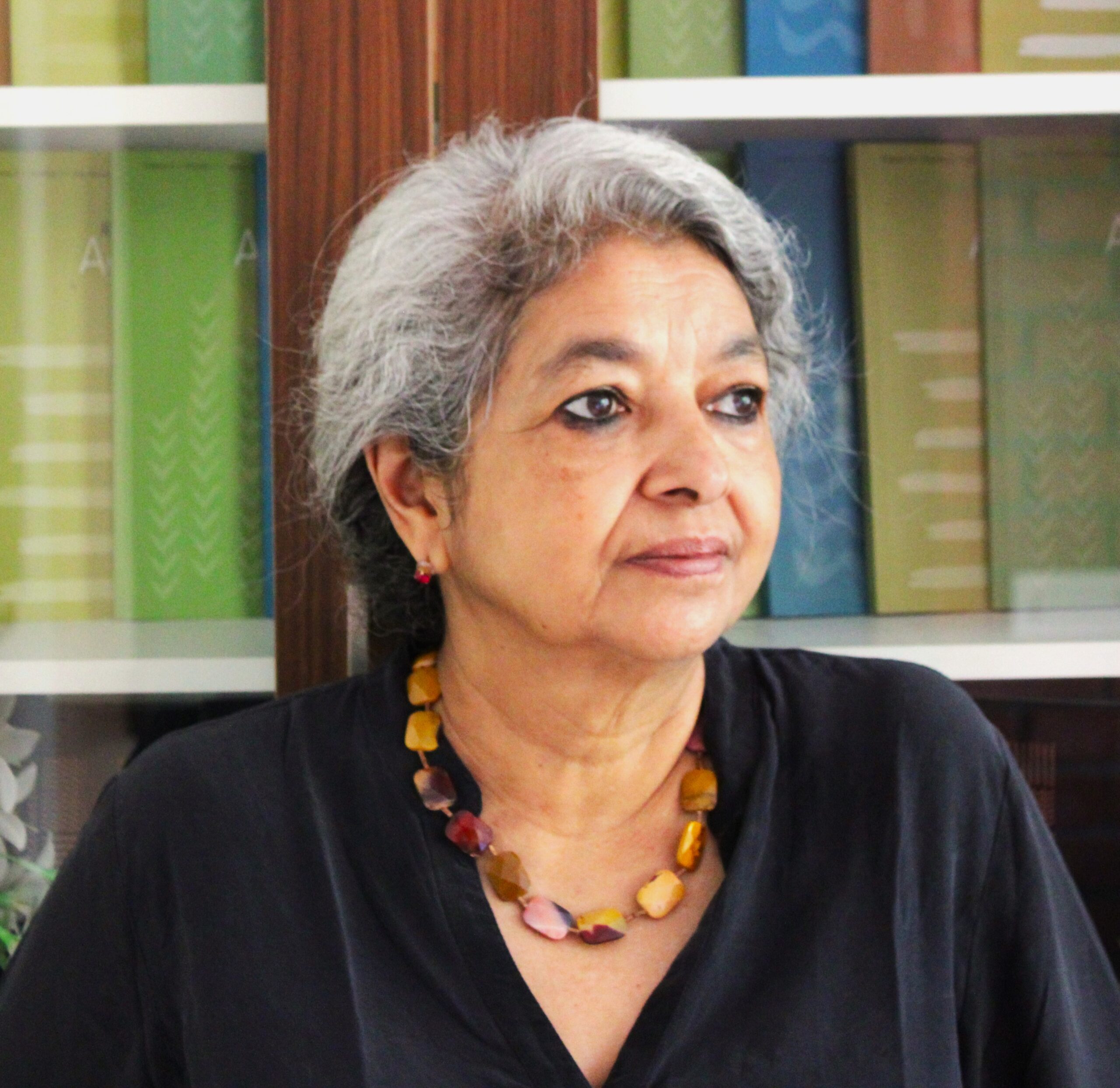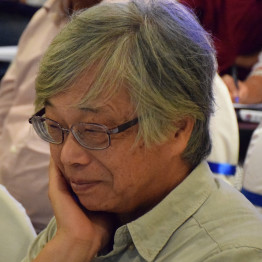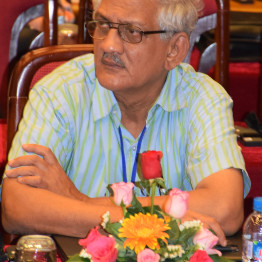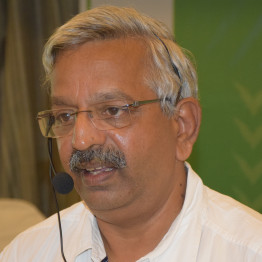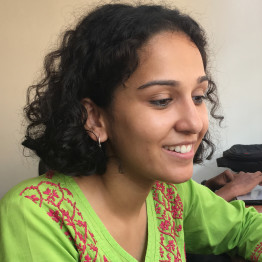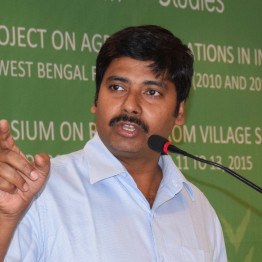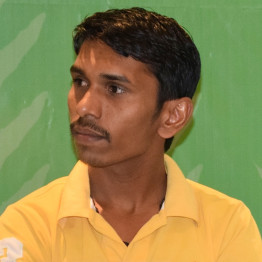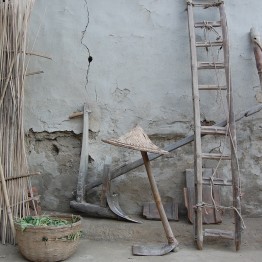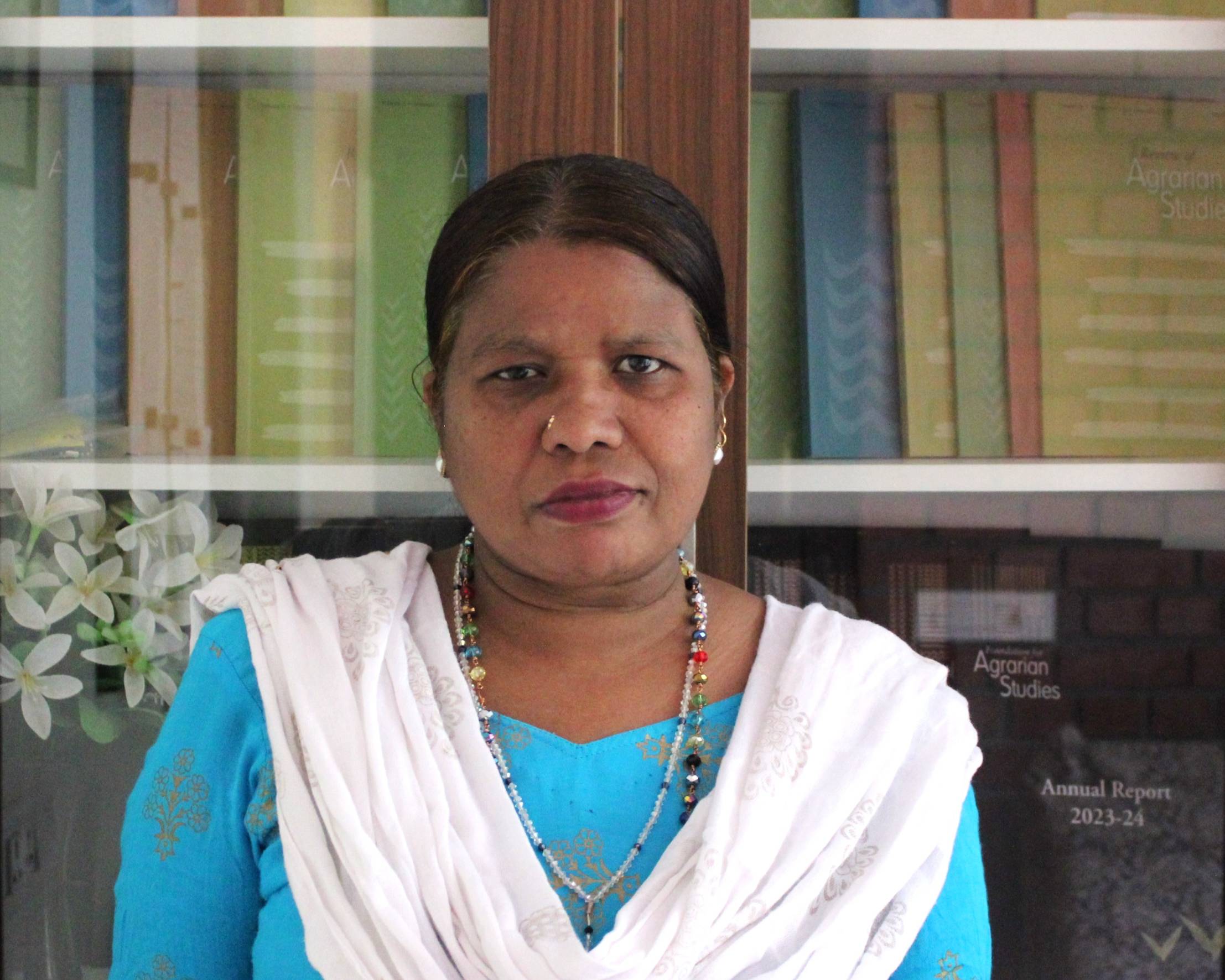In her recent review of Women and Work in Rural India, Rajshree Bedamatta, Associate Professor, Department of Humanities and Social Sciences, Indian Institute of Technology Guwahati, notes the timeliness of the publication (Indian Journal of Labour Ecnomics, 2021, accessed here).
This book has come out when India’s official statistics on employment–unemployment are under the scanner. There are raging debates on the female workforce and labour force participation rates that have languished for more than a decade. The economic literature on women’s work and employment cites rapid structural transformation of the Indian economy from agriculture to non-agriculture, rising real incomes, and increased well-being as some of the reasons contributing to the backward bending supply curve of female labour. Patriarchal norms set by Indian families that cut back on female employment due to rising incomes seem to have emerged as a significant explanation of this dip.
She concludes that
This book provides a strong challenge to the narrative built around women choosing leisure over work due to the rapid structural changes (particularly in the context of the transition from agriculture to non-agriculture and secular rise in real wages) transforming the Indian countryside. While a counter-argument regarding women’s work in paid and unpaid activities and recognizing women’s work in the care economy was made earlier by various other scholars, this book goes a few steps further in outlining the features of proletarianisation among women. This book places women’s labour at the centre while interrogating the emerging new production relations in India’s villages amidst the crisis of employment. Myriad research questions and hypotheses emerge from the analysis in Women and Work in Rural India, making it a must-read for researchers in this field.
This book is part of the Agrarian Studies Series of the Foundation for Agrarian Studies, and is edited by Madhura Swaminathan, Shruti Nagbhushan and V. K. Ramachandran. To order a copy from Tulika Books, New Delhi, see here. An online release function for the book was held at on August 25, 2020 (see here).










